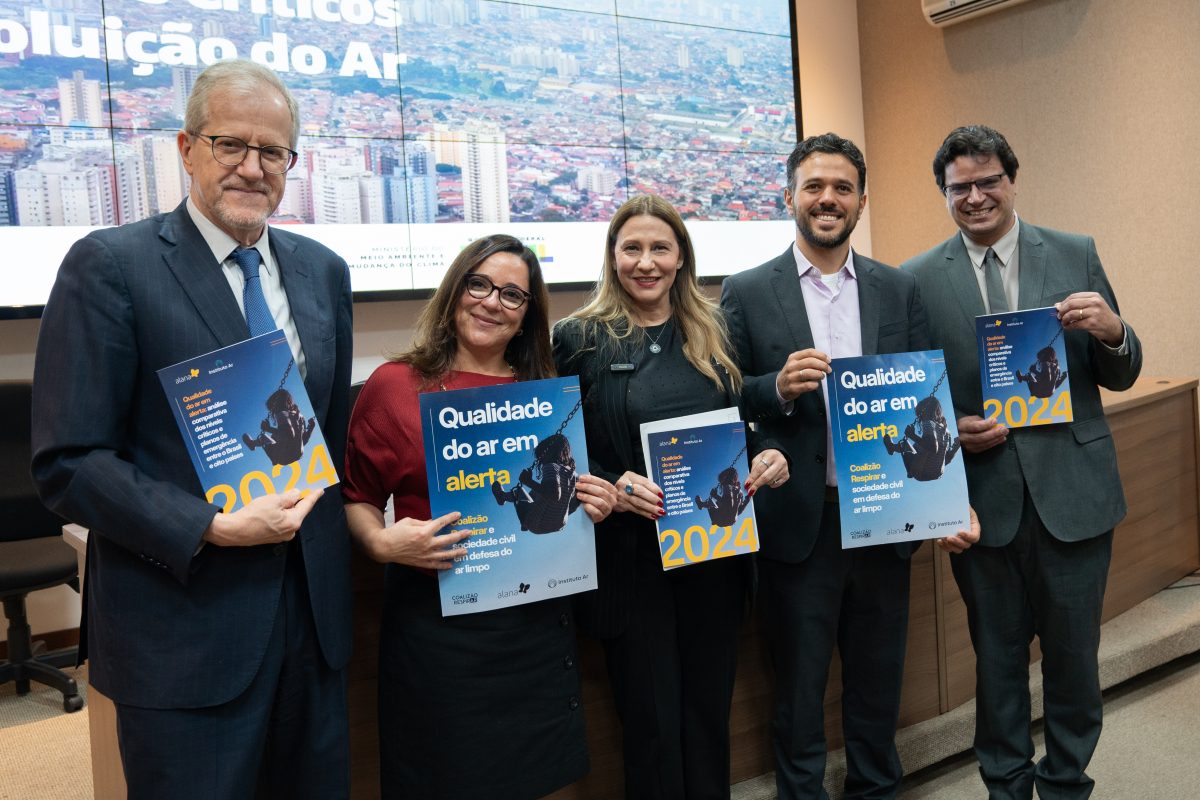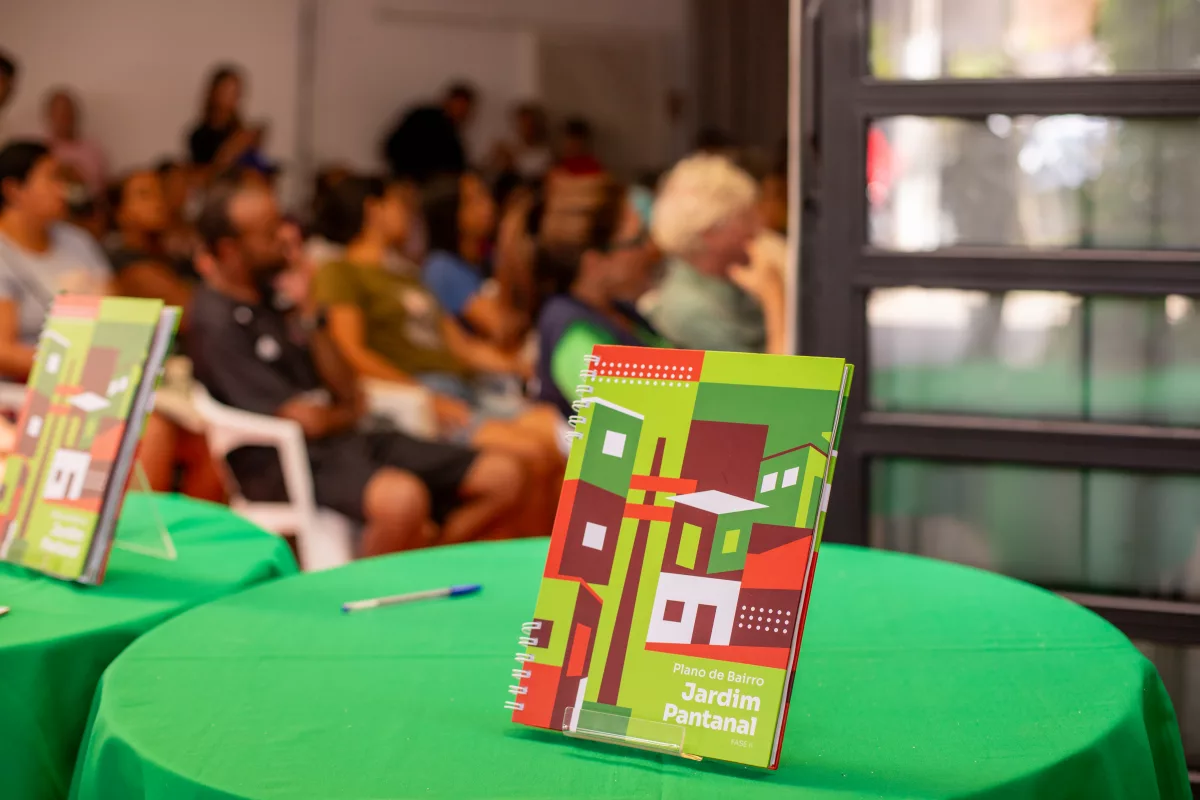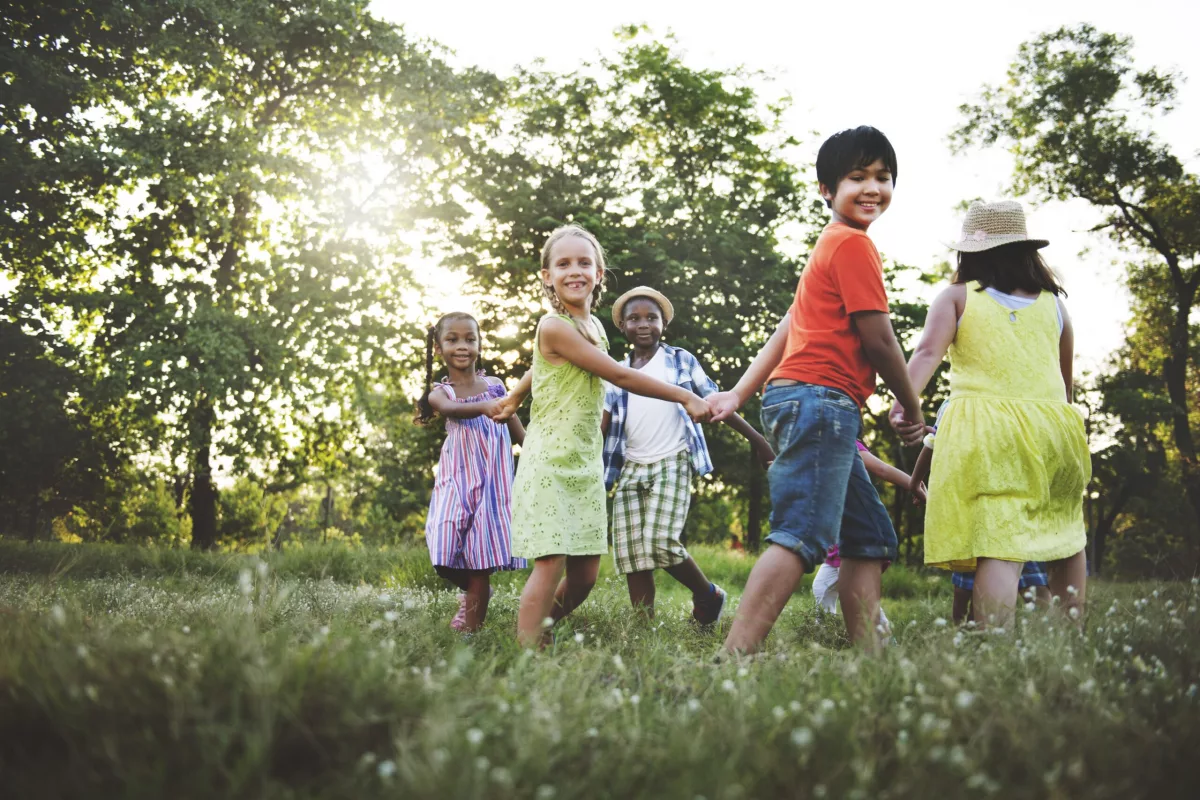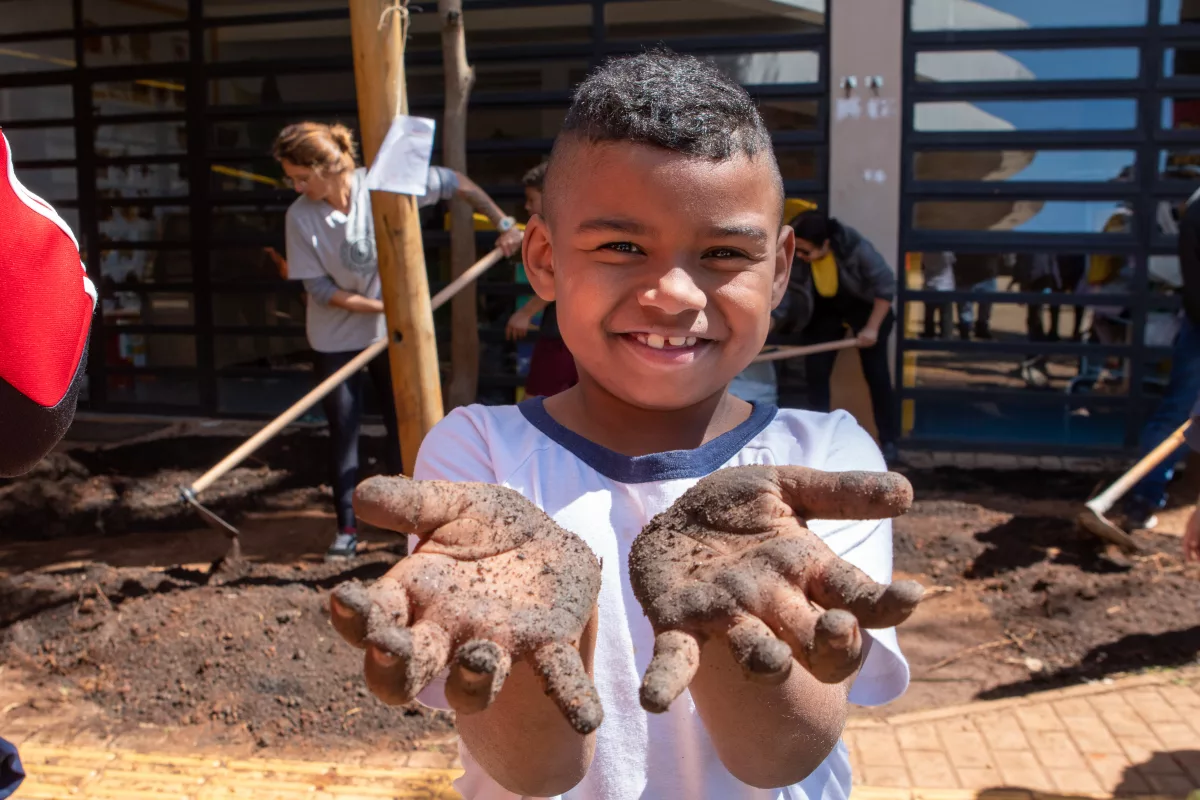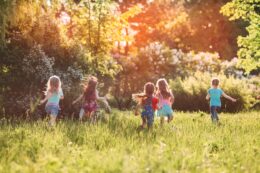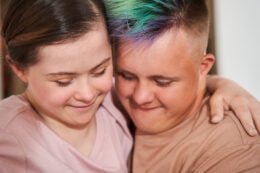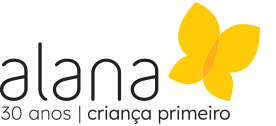Brazilian cities have increasingly been experiencing peaks in air pollution, known as “critical episodes.” On August 18, for instance, São Paulo recorded the worst air quality level of this winter, according to CETESB: 212µg/m³ of PM2.5, meaning 212 micrograms per cubic meter of particulate matter with a diameter of 2.5 microns. In April, Boa Vista reached even higher figures than São Paulo (317µg/m³ PM2.5). The same occurred in Manaus last October (499µg/m³ PM2.5). For comparison, the World Health Organization (WHO) considers up to 15 µg/m³ of particulate matter in the air acceptable. Children, particularly newborns and those in their early years of life, are among the most severely affected: air pollution can cause irreversible damage to their health.
To gain a clearer understanding of the indices used and the protocols adopted in different countries when very high levels of pollution are reached, Instituto Alana and Instituto Ar conducted the study “Air Quality on Alert”, launched during the event “Critical Episodes of Air Pollution”, organized by the Ministry of the Environment and Climate Change (MMA) and the Ministry of Health on the 20th, in Brasília. The report provides a comparative analysis of critical levels and emergency plans adopted in eight regions: Brazil, Chile, Colombia, and Ecuador (South America); the United States and Mexico (North America); and Spain, France, and England (Europe). The results show that Brazil falls significantly short when it comes to protecting its population, especially children.
“When air pollution reaches very high levels, immediate action may be required to reduce emissions and protect public health. In our research, Brazil and Ecuador scored the worst results. Our country has been outdated for more than 35 years, and no state has an action plan for critical episodes, except for São Paulo, whose plan dates back to 1978 and is severely outdated. In other words, we take no action,” stated Evangelina Araújo, air quality specialist and Executive Director of Instituto Ar, who coordinated the study.
WHO documents indicate that atmospheric pollution currently represents one of the greatest environmental risk factors for human health. According to the WHO, 50,000 Brazilians die each year due to air pollution. National air quality standards are based on indices established in 1990. Even with pollution peaks up to five times higher than in the countries analyzed in the new study—Brazil being surpassed only by Ecuador—these established thresholds are rarely reached, as they are overly lenient and outdated.
The report, which highlights major international air quality laws, also outlines measures adopted to protect children during critical pollution episodes. “Both in São Paulo, which exceeded the threshold for an ‘alert,’ and in Boa Vista and Manaus, where smoke from forest fires choked the city last October—making it the third most polluted city in the world, reaching twice the Air Quality Index (AQI) limit set for a state of ‘emergency’—nothing was done,” said JP Amaral, Nature Program Manager at Instituto Alana.
The study recommends both medium- and long-term solutions, such as encouraging active mobility in cities and creating green areas and parks around schools, as well as emergency measures already adopted internationally. In Colombia, for instance, the Plan para la atención de episodios de contaminación del aire del área metropolitana de Bucaramanga (CDMB) includes immediate actions to protect children during critical pollution episodes. When air quality reaches the “alert” level, schools suspend classes throughout the affected area. In emergencies, evacuation of the entire population within the perimeter exposed to pollution is carried out.
In the United States, the Air Now plan also includes general guidelines and specific measures for schools. Protocols begin at the “moderate” air quality level, with recommendations to reduce the duration and intensity of outdoor physical activities. In Spain, “horizontal strategic programs” outline long-term actions to improve air quality. There, the goal is to establish protection measures for vulnerable groups based on epidemiological studies conducted in priority areas, such as school zones, in order to determine epidemiological surveillance plans more effectively.
In London, the strategy is also long-term: the Healthy School Streets initiative implements a series of measures, such as reducing vehicle traffic, creating bike lanes, and developing green spaces and parks around schools, where pollution levels are monitored by sensors. “Our country is lagging behind in this debate compared to other nations, including those in South America. Brazil has a constitutional and moral duty to combat pollution and mitigate critical episodes, in order to ensure health and quality of life for children and for the entire population,” said JP Amaral.

